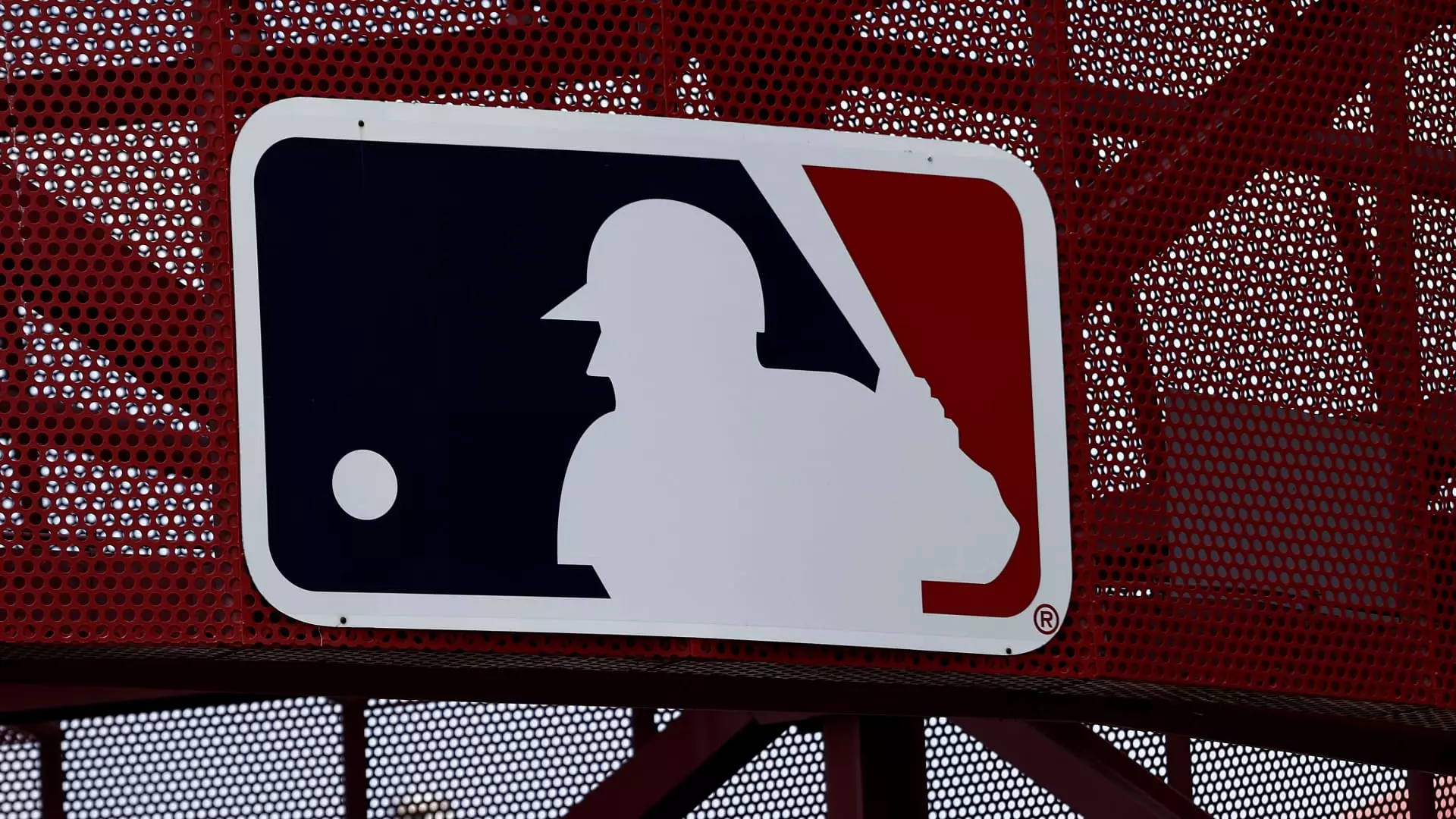The current financial chaos surrounding Diamond Sports Group has raised significant alarms within Major League Baseball (MLB) and among the Atlanta Braves franchise. The latest bankruptcy court filings make it clear that both organizations harbor serious doubts regarding Diamond Sports’ new reorganization plan. As the largest entity managing regional sports networks in the United States, the stability of Diamond Sports is pivotal not only for itself but also for MLB teams reliant on its operations. The rebuff of the proposed plan signals a broader instability that threatens to undermine the financial structures of the teams involved.
According to the objections filed by MLB and the Braves, there exists a “substantial likelihood” that Diamond Sports may not emerge successfully from this restructuring attempt. Their concerns are not unfounded; the history of the company’s financial struggles paints a bleak picture. This raises questions about the long-term integrity of the reorganization strategy, as well as the effects it may have on the Braves and other MLB affiliates. Despite acknowledging a vested interest in the success of Diamond Sports, both the league and the Braves report a lack of confidence in the current plan’s effectiveness.
The crux of the issue appears to be a lack of transparency. Diamond Sports has put forth a voluminous reorganization proposal, encompassing 20 documents and 181 pages, yet both the Braves and MLB find themselves in the dark regarding crucial elements of this plan. Diamond’s legal representatives have cited confidentiality agreements with distribution partners, such as cable providers, as limitations on the information they can disclose, leading to understandable frustration for stakeholders who need clarity to make informed decisions.
Moreover, the ambiguity extends to Diamond’s proposed commercial partnership with Amazon. While discussions are reportedly ongoing, there has been little disclosed that can instill confidence in MLB and the Braves about what this collaboration will ultimately look like. This uncertainty creates an environment of doubt and underscores a pressing need for clearer communication.
In the current media landscape, where cord-cutting is increasingly common, how Diamond Sports navigates its direct-to-consumer (DTC) approach is more vital than ever. Customers are leaving traditional cable bundles en masse, which places tremendous pressure on regional sports networks to adapt and innovate. In this regard, the Braves and MLB worry that Diamond’s existing strategies may not adequately challenge the mounting challenges posed by shifting viewing habits.
Hesitation from the MLB and Braves is compounded by past grievances related to Diamond’s financial maneuvers. Tensions escalated last October when MLB representatives expressed dissatisfaction regarding the information disclosed about a recent naming rights agreement with FanDuel, coverage that was deemed insufficient by the league’s standards.
Despite these challenges, it’s worth noting that the situation isn’t completely dire for Diamond Sports, as evidenced by the recent agreement reached with the St. Louis Cardinals regarding local rights. Yet, the Cincinnati Reds recently announced their exit from their partnership with Diamond, leaving a sense of unease about the overall viability of Diamond’s partnerships with MLB teams. The looming exits of several teams from Diamond’s network suggest a potential fragmentation in the way teams engage with local media rights, which could have long-term repercussions for all parties involved.
As Diamond attempts to retain its contracts with the Braves and several other MLB organizations, it faces the daunting task of renegotiating terms while showcasing its capacity to fulfill its obligations. The Braves have not abandoned their relationship with Diamond, but their ongoing concerns might compel them and other teams to reconsider their options if assurances aren’t forthcoming.
The developments surrounding Diamond Sports Group reveal the precarious balancing act required to navigate the complexities of regional sports broadcasting amidst uncertain financial constructs. As the company heads toward its upcoming court hearing, MLB and the Braves continue to advocate for greater transparency and accountability. The road ahead for Diamond, and those relying on it, remains fraught with difficulty, requiring not just strategic planning but also a concerted effort to rebuild trust with stakeholders. The outcome will not only affect Diamond Sports Group’s survival but may also reshape the landscape of regional sports media in the realms of professional baseball and beyond.


Leave a Reply